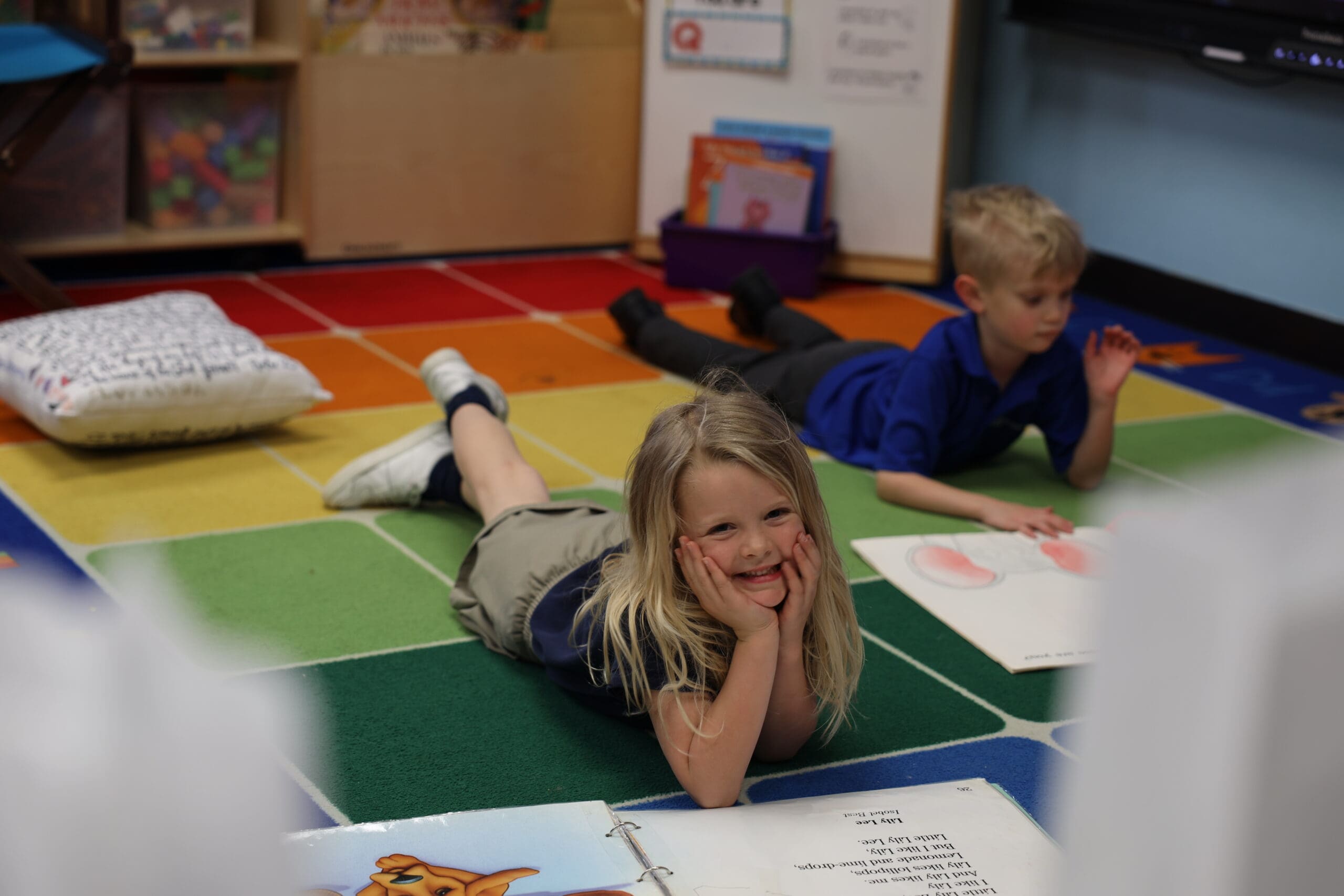What is Classical Education?

“But what is classical education?”
This is the question I have been asked the most since being hired to teach at a classical Christian school. My friends, family, and former colleagues were familiar with private school and even with a private Christian school, but a classical school had them stumped. No matter your role at CCA, whether faculty, staff, or parent, you have probably been asked this question at some point too. In fact, you may even be asking it yourself. And to be honest, it can be difficult to answer. Sure, you can look up the definition of classical education on the internet or read books about the trivium and paideia, but I am betting you will still be left wondering- what IS classical education, and how is it practically implemented?
Well, as an elementary school teacher, I believe in providing visuals to support learning. So, let me give you a glimpse of what classical education looks like inside my classroom.
Impressive, yes, but even more importantly, it develops their ability to become great orators who have the courage to stand boldly before others and speak, setting the stage for them to be people who are in love with the truth, goodness, and beauty of God and His Word.
Students not only learn the days of the week, recognize patterns, and understand the relationship between numbers, but also have an opportunity to think, process, and explain how they arrived at their answer. It is about creating a space for respectful discourse and discovering that a peer may have a different way of thinking that leads them to the same answer.
Whether in Bible, phonics, math, or any other academic subject, these things help students learn in a developmentally appropriate way and are often heard being sung during recess, lunch, and after school.
Students eagerly absorb the lessons taught at school and, driven by their love of learning, creatively apply that knowledge at home to produce an engaging informational video about the eclipse, enriched with detailed maps, charts, and models.
It involves studying how literature, mathematics, science, and scripture intersect throughout the different periods. It consists of ending these units of study with immersive experiences that solidify students’ knowledge and understanding, creating memories that will last far longer than a typical test or quiz.

For me, the most personal definition of classical education is rest. That may seem surprising, so let me explain.
After eight years in the public school system, classical education removed the pressure of teaching to a test and the rushed pace of learning. This doesn’t mean it lacks depth or rigor—quite the opposite. It offers a broad and challenging curriculum while giving me the autonomy to slow down, reteach, and provide deeper learning opportunities based on my students’ needs.
Classical education allows me to give students the space to engage in the joy of learning.
So, back to the issue of defining classical education. Do I have a perfect answer or elevator pitch? No, but as a classical educator, I am learning more each day of what this looks like in my classroom and for my students. I hope you can rest in the choice you made for your students to receive a classical education- in your decision to partner with a place as special as CCA, where the mission is to provide a biblically based, classical, college preparatory education that inspires a passion for excellence, a heart of grace, and the character of Christ.
